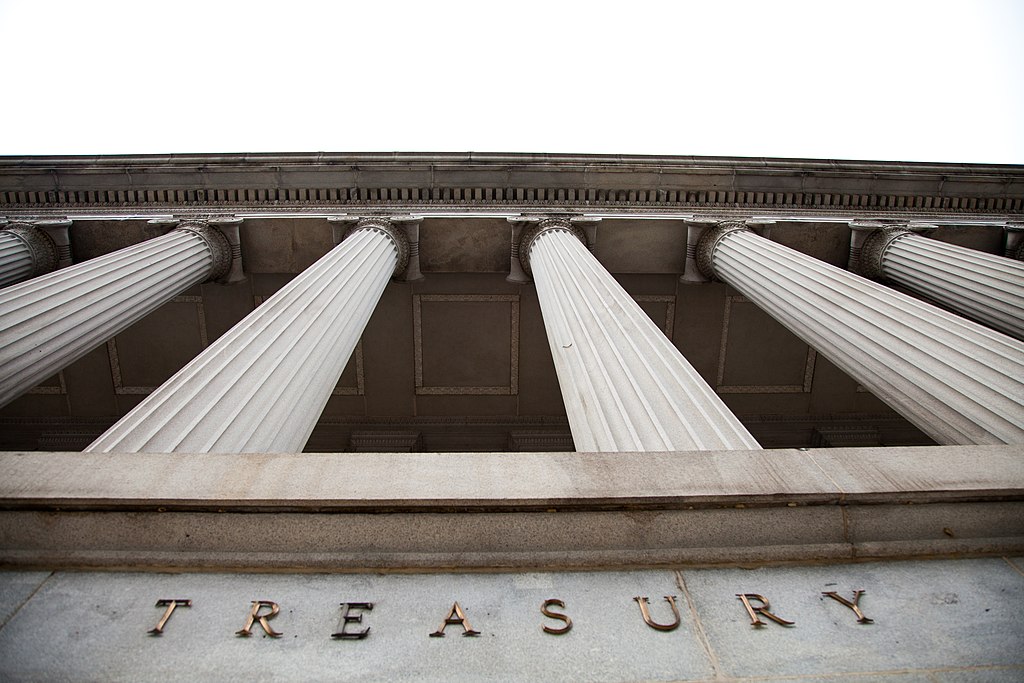Renting the dream: Private equity and the squeeze on home ownership in America

Ask people what the American Dream means to them, and home ownership is likely be front and center. In one 2018 survey, owning your own home trailed behind only “success through hard work” and “equal opportunity” as the concepts most closely associated with achieving the dream.
Today, the dream of owning a family home is increasingly out of reach for many, with housing prices skyrocketing over the past few years and even renting becoming increasingly unaffordable. A Pew Research Center Survey in October 2021 found that just under half of Americans say “the availability of affordable housing in their local community is a major problem, up 10 percentage points from early 2018.”
Amid a focus on factors like inflation and the pandemic, one important aspect of this crisis is often overlooked: Wall Street-backed businesses have been buying swathes of single-family homes across the U.S., out-bidding would-be buyers and wringing profit out of homes as rentals.
Since last year, ACDC has been working with journalists at International Consortium of Investigative Journalists (ICIJ), Charlotte Observer and The News & Observer as they built investigations that put a spotlight on these practices, and their impact on families priced out of the American Dream.
Progress, but at what cost?
Published in December, ICIJ’s reporting focused on one firm, Progress Residential, and its real estate holdings in Tennessee.
“Progress Residential, acquires as many as 2,000 houses a month with a computerized property-search algorithm and rapid all-cash offers,” the authors write. According to ICIJ, “Progress Residential has been ringing up substantial profits for wealthy investors around the world while outbidding middle-class home buyers and subjecting tenants to what they allege are unfair rent hikes, shoddy maintenance and excessive fees.”
Progress Residential also features in a series of articles by the Charlotte Observer and The News & Observer, supported by a Pulitzer Center data journalism grant. This deep dive into corporate ownership of single-family homes in North Carolina found that about 20 companies own at least 40,000 single-family properties in the state. These firms now own one-quarter of all the rental houses in Mecklenburg County, where “millions of dollars in equity that could be in local residents’ hands now sits with corporations.”
Who pays? Who wins?
Due to opacity in the real estate market, we still do not know how many single-family homes Wall Street has bought up nationwide. The recent reporting on Tennessee and North Carolina from ICIJ, Charlotte Observer and The News & Observer suggests that the problems many renters suffer at the hands of these corporate landlords, from unfair fees to neglected maintenance, may be widespread, especially throughout the Sun Belt where Wall Street has been especially active.
We also do not know the identities of the ultimate investors of the Private Investment Funds that benefit financially from these schemes. These funds obscure the trail of ownership and protect investors from facing accountability for predatory practices. Not coincidentally, these same vehicles have allowed Russian oligarchs to invest in US equities, acquire luxury real estate, and even potentially avoid sanctions.
We desperately need more transparency about who owns what in America, as well as how they are managing their assets. Left unchecked, the presence of large, Private Equity-backed corporate landlords is putting the American Dream even further out of reach for many families.
If you want a thing done well, do it together
At ACDC we are currently hard at work trying to shine a spotlight into this massive black hole at the heart of the US residential real estate market. Together with sociologists from Princeton University, the University of Denver, and City University of New York, we’ve embarked on a multi-year investigation to identify every home owned by an institutional investor nationwide. Given the opacity and complexity marking the industry, this objective is not straightforward, but we’ve been fortunate to access data from OpenCorporates and Zillow to assist our efforts.
Keep an eye on this space for more updates as we build our database and partner with journalists around the country to tell a more complete story about how Wall Street has bought up America.




